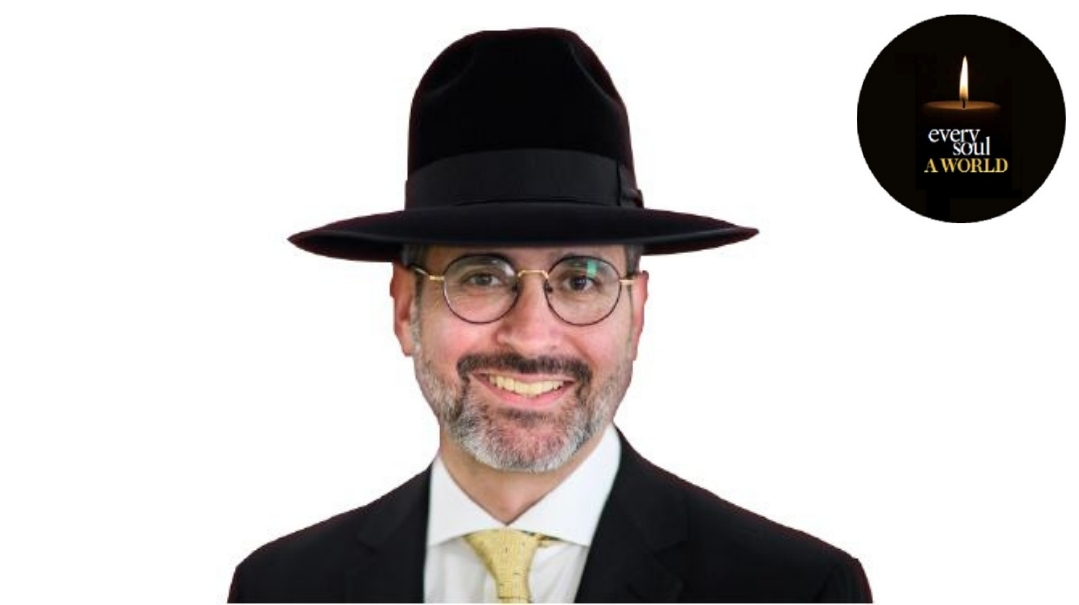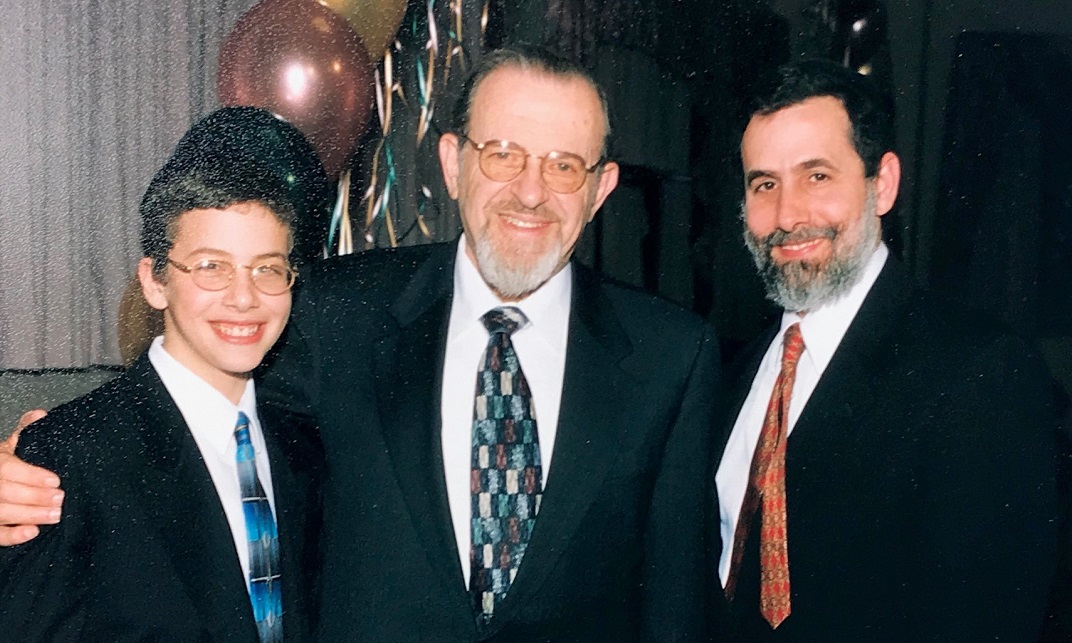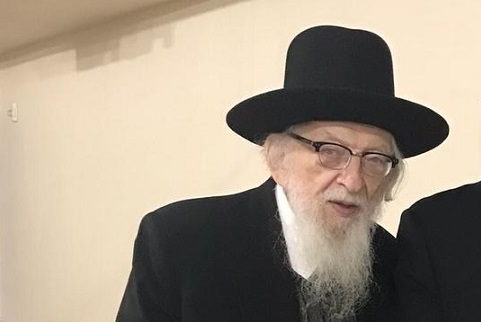Rabbi Avraham Cohn

Surely back at the side of his Rebbe once again


A
s a teenager he was a partisan who fought to survive, and later Rabbi Avraham Cohn used that strength and courage to stand behind talmidei chachamim, establishing the fund that would honor and reward the world’s most accomplished lomdei Torah. He was never blessed with children, yet he served as mohel for thousands, advocating not just for the mitzvah, but for the right to protect the mesorah surrounding it as well.
In conversation with Mishpacha a while back, Rabbi Cohn recalled how, when the Ribnitzer Rebbe – a tzaddik and baal mofeis -- arrived in New York after decades of mesirus nefesh behind the Iron Curtain, people vied for the zechus to use him as mohel for their sons. But the Rebbe did not yet have milah tools, and so Reb Romi joined the Rebbe, sharing his precious instruments and, as an expert mohel himself, watched closely at that first bris. In his opinion though, the Rebbe hadn’t completed the procedure. He obviously wouldn’t comment, but the next day he went to check the baby -- and was astounded to see that the bris was perfect.
Later in the day, Rabbi Cohn went to the Rebbe, who looked at him and said, “Nu, are you happy? You saw the bris? Are you satisfied now?”
From then on, the mohel remained near the Rebbe, becoming a devoted driver, chassid and, in the Rebbe’s own words, “mein bester gitter freint, my dear, beloved friend.”
Just months after his book, the diary of his life at the Rebbe’s side, appeared, Reb Romi — who stared down so many enemies — fell to the feared virus, yet surely back at the side of his Rebbe once again.
Aside from being a top-notch mohel, he performed brissim totally lishma as he would not take money for doing a bris. He was also a very caring person and tremendous baal chesed.
My father lived two short blocks and one long block from his shul. He walked passed Romi Cohn's house every Shabbos morning going and also returning from shul. My father was an older man with a heart condition. He also had problems with his feet so he had a difficult time walking. When he walked, he looked for ledges in front of the houses where he could lean or sit midway through his walk. Romi Cohn lived about two short blocks from my father. He noticed that my father looked for places to rest along the way. So Romi installed a bench in front of his property and told my father that he would appreciate and feel honored if my father would please rest on his bench. After that, my father always made sure to sit on that bench whenever he walked by the Cohn house.
— Tova Spiro
Oops! We could not locate your form.














